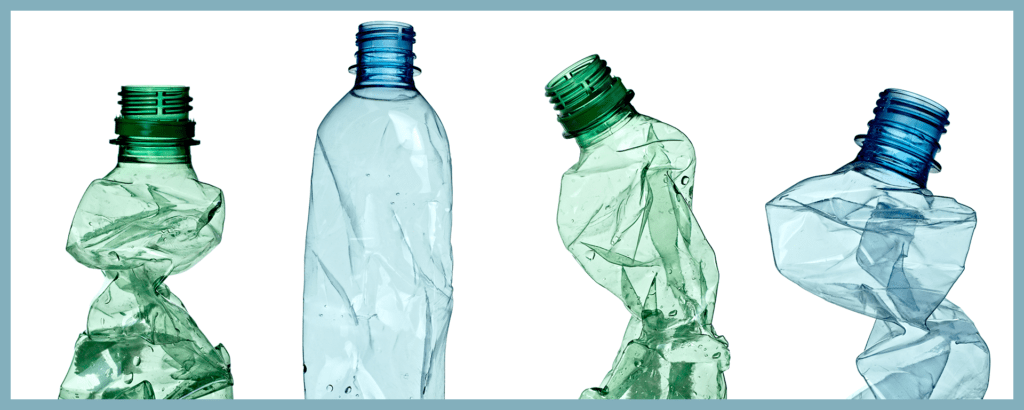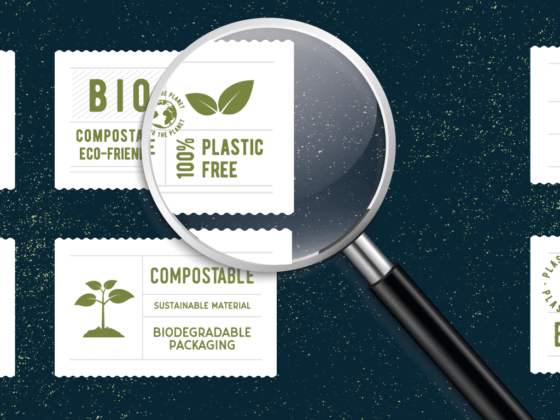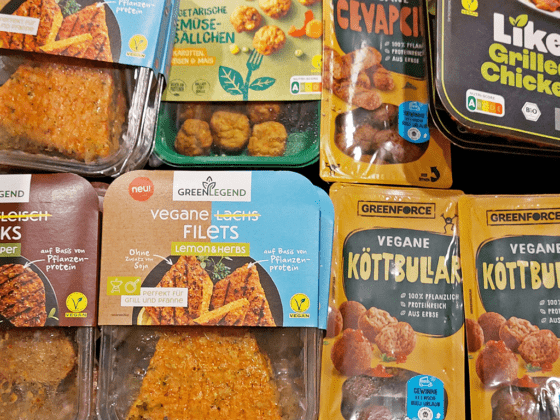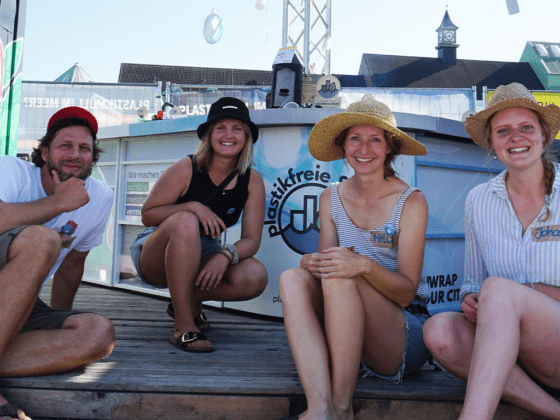German recycling companies are under pressure: the sharp rise in production costs is offset by a consistently high price for used PET bottles and flakes. The reason is obvious: despite increased prices for crude oil, fresh plastic is still cheaper than recycled material. For example, one metric ton of PET for packaging cost 1450 euros in December. The price for a ton of rPET was 2200 euros. “The development is dramatic,” says Till Isensee, general manager of TILISCO GmbH, a technical consultancy for sustainable packaging and processes. His forecast: By 2025, when the recycling quota of 25 percent set out in the EU directive takes effect, some recycling companies may not make it.
Mr. Isensee, what’s happening in the recycling market right now?
Till Isensee: The sales market for recycled PET bottles and flakes has collapsed, you can’t get rid of anything. The warehouses and yards are full. We have a huge recycling jam.
Why is that?
The responsibility for this lies with large retail chains, especially discounters. Aldi and Lidl are the market leaders in the use of disposable PET beverage bottles. Despite massive cost increases on the part of the bottlers, the discounters do not accept price increases for their private labels. Their refusal to pass on costs is causing manufacturers’ sales to fall. The natural reaction of any CEO: we have to cut costs.
And then the use of recyclate drops?
Exactly. Fresh plastic is still much cheaper than recycled plastics. And the legal obligation to use at least 25 percent recyclate does not take effect until 2025. It’s very simple: big companies agree to use recyclate, but when it comes to money, they say: ‘The obligation does not come until 2025, so we’ll leave it until then’. Everyone is convinced that the market will pick up again. But that probably won’t be until 2024. In the worst case, however, we will lose recycling capacities by then. If we start to need them in 2024/25, they will be missing.
Can politics intervene there?
The EU has already sent the right signals. The Single-Use-Plastic-Directive is a fantastic instrument, that is also a role model for other industries. The problem is that we can’t rely on voluntary commitments from companies. When it comes to money, there’s no more voluntarism. Just look at the target agreements of CEOs and senior managers in large corporations. There are no climate targets. There’s one thing in particular: EBITDA. When it comes to a personal bonus, recycling rates are forgotten very quickly.
So politics must exert more pressure?
I personally am a big fan of plastic taxes. It’s insane how we tax plastic: since the 1970s, European countries have been subsidizing the plastics industry because there are no taxes on mineral oils. This fuels the production of virgin plastics. This must have an end. Now.
About the person
Till Isensee is the founder, general manager and senior consultant of TILISCO GmbH. TILISCO’s packaging specialists advise and support companies in the sector of sustainable packaging and processes.

 English
English Deutsch
Deutsch




